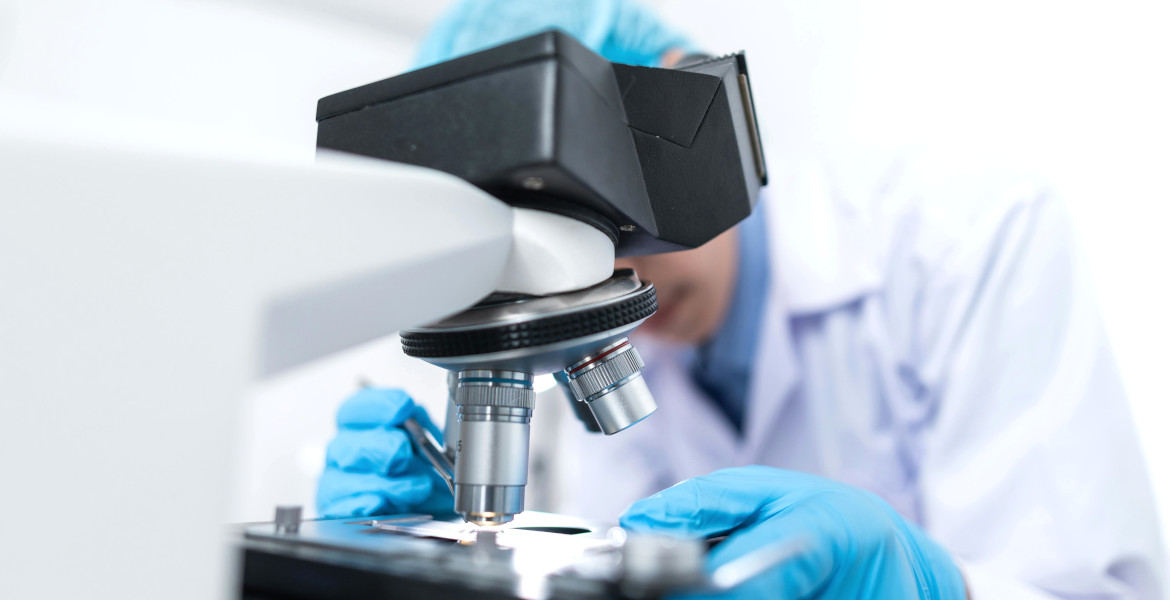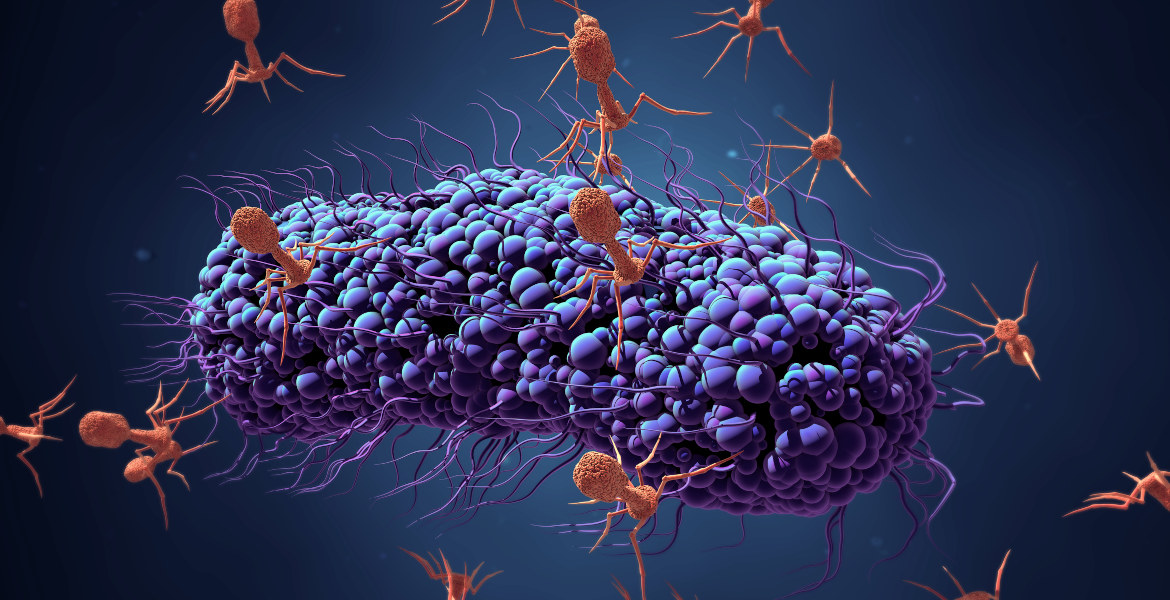Certain gut bacteria can absorb PFAS substances, according to new research from Cambridge University. An increase in these bacteria could contribute to better protection against the harmful effects of so-called forever chemicals.
In the study, which was published in Nature Microbiology, researchers identified a family of bacterial species that can absorb various PFAS molecules. These bacteria are naturally found in the human gut flora.
The researchers then added nine of these human bacteria to mice to “humanize” their microbiome and fed them food containing PFAS substances. They could then observe that the bacteria accumulated the chemicals, which were subsequently excreted in feces.
Furthermore, the researchers discovered that when the mice were exposed to increasing levels of PFAS, the bacteria worked harder and removed a consistent proportion of the toxic substances. Within minutes of exposure, the bacteria absorbed between 25 and 74 percent of PFAS.
“Slow poison”
PFAS are now found virtually everywhere – in everyday products, drinking water, food, and even in human blood. They are extremely difficult to break down, which has earned them the nickname “forever chemicals,” and can cause damage to both the environment and human health.
— We’re all being exposed to PFAS through our water and food – these chemicals are so widespread that they’re in all of us., says researcher Dr Anna Lindell at Cambridge University, first author of the study, in a press release and continues:
— PFAS were once considered safe, but it’s now clear that they’re not. It’s taken a long time for PFAS to become noticed because at low levels they’re not acutely toxic. But they’re like a slow poison.
Opens possibilities
The study’s results are promising and show for the first time that gut bacteria can help remove PFAS from the body. However, it has not yet been tested on humans, the researchers emphasize.
The goal is now to develop probiotic supplements that increase the amount of these beneficial bacteria in the gut and thereby protect against PFAS effects. The researchers point out that despite the documented health risks, very little is still being done to actively remove PFAS from the body.
— The reality is that PFAS are already in the environment and in our bodies, and we need to try and mitigate their impact on our health now. We haven’t found a way to destroy PFAS, but our findings open the possibility of developing ways to get them out of our bodies where they do the most harm, says Dr Indra Roux, co-author of the study.






